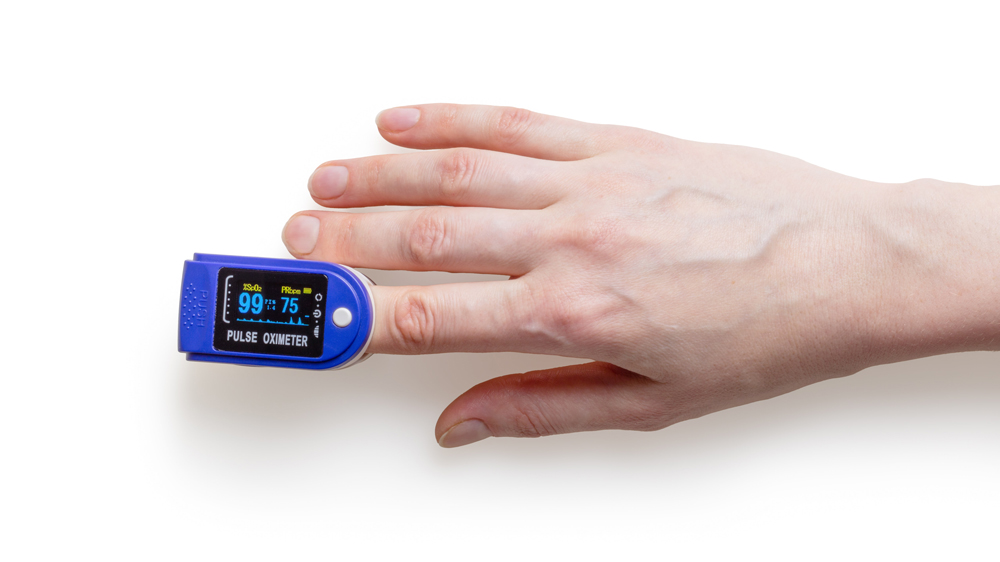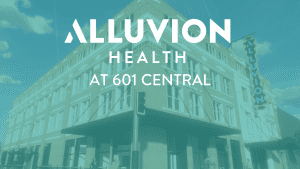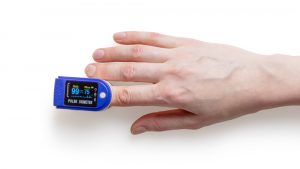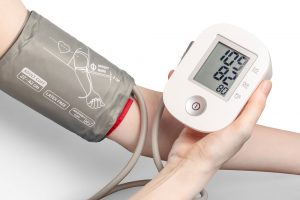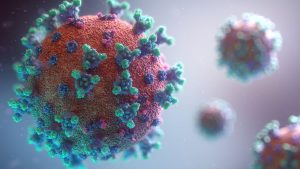What you don’t know about high blood pressure could hurt you. High blood pressure affects nearly half of the adult population in the United States,1 yet many people who have the condition don’t know they have it.
Uncontrolled high blood pressure raises the risk for heart disease and stroke, which are leading causes of death in the United States. Fortunately, high blood pressure is treatable and preventable.
To lower your risk, get your blood pressure checked regularly and take action to control your blood pressure if it is high.
1. High blood pressure may be linked to dementia.
Recent studies show that high blood pressure is linked to a higher risk for dementia, a loss of cognitive function.2 Timing seems to matter. Evidence suggests that having uncontrolled high blood pressure during midlife (ages 44 to 66) creates a higher risk for dementia later in life.3 The takeaway? It’s never too early to start thinking about your blood pressure and taking steps to manage your high blood pressure.
Learn more about the link between high blood pressure and dementia from the National Institutes of Health’s Mind Your Risks®external icon campaign.
2. Young people can have high blood pressure, too.
High blood pressure doesn’t just happen to older adults. Nearly 1 in 4 adults aged 20 to 44 have high blood pressure.4
High blood pressure is a leading cause of stroke, a condition that is on the rise among younger people. Experts think the increased risk for stroke in this age group is a direct result of the rising rates of obesity, high blood pressure, and type 2 diabetes—conditions that are preventable and treatable.5
Ask your health care team how often you should check your blood pressure. You can get your blood pressure checked at a doctor’s office or pharmacy, and you can check it at home if you have a home blood pressure monitor.
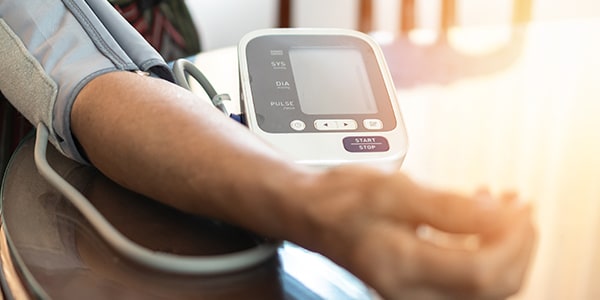
Many people with high blood pressure don’t even know they have it. The only way to know is to check your blood pressure regularly.
3. High blood pressure usually doesn’t have any symptoms.
High blood pressure is sometimes called the “silent killer.” Most people with high blood pressure don’t have any symptoms. Because many people feel fine, they don’t think they need to get their blood pressure checked.
Even if you feel normal, your health may be at risk. Talk to your doctor about your risk for high blood pressure.
4. Many people who have high blood pressure don’t know it.
About 1 in 3 U.S. adults with high blood pressure aren’t even aware they have it and are not being treated to control their blood pressure.6
Even though most people with uncontrolled high blood pressure have health insurance and visit a health care team member at least twice a year, the condition is often not diagnosed.7 CDC is working with health care professionals to find patients with high blood pressure who are “hiding in plain sightexternal icon.”
Ask your health care team what your blood pressure numbers mean and if they are too high. Stick to your treatment plan and follow your provider’s advice if you are diagnosed with high blood pressure.
5. Women and African Americans face unique risks when it comes to high blood pressure.
Women with high blood pressure who become pregnant are more likely to have complications during pregnancy than those with normal blood pressure. High blood pressure during pregnancy can harm a mother’s kidneys and other organs, and it can lead to premature delivery and low birth weight babies.
Some types of birth control can also raise a woman’s risk for high blood pressure. Women with high blood pressure who want to become pregnant should work with their health care team to lower their blood pressure before becoming pregnant.8,9
African American men and women have higher rates of high blood pressure than any other racial or ethnic group.4 These individuals are also more likely to be hospitalized for high blood pressure.10 Experts think these health disparities are tied to higher rates of obesity and diabetes.
By living a healthy lifestyle, you can help keep your blood pressure in a healthy range and lower your risk for heart disease and stroke. A healthy lifestyle includes:
- Eating a healthy diet
- Maintaining a healthy weight
- Getting enough physical activity
- Not smoking
- Limiting alcohol use
Learn more about steps you can take to prevent high blood pressure.
Lifestyle changes, such as reducing sodium in your diet, being more physically active, and reducing stress, can help lower blood pressure.
Materials developed by CDC. Reference to specific commercial products, manufacturers, companies, or trademarks does not constitute its endorsement or recommendation by the U.S. Government, Department of Health and Human Services, or Centers for Disease Control and Prevention. This material is available in full at https://www.cdc.gov/bloodpressure/5_surprising_facts.htm
